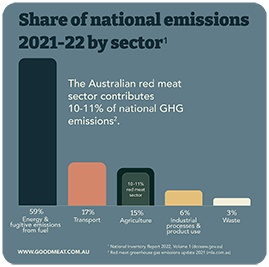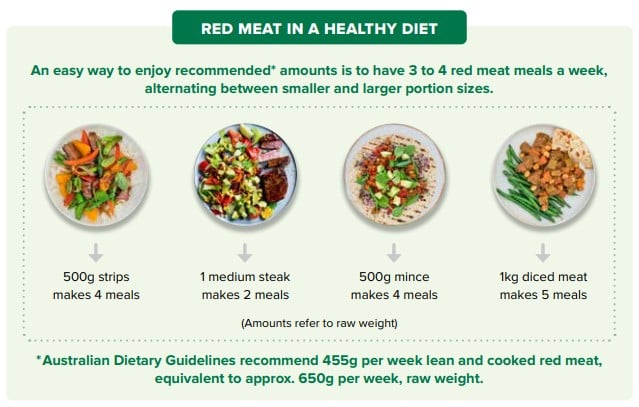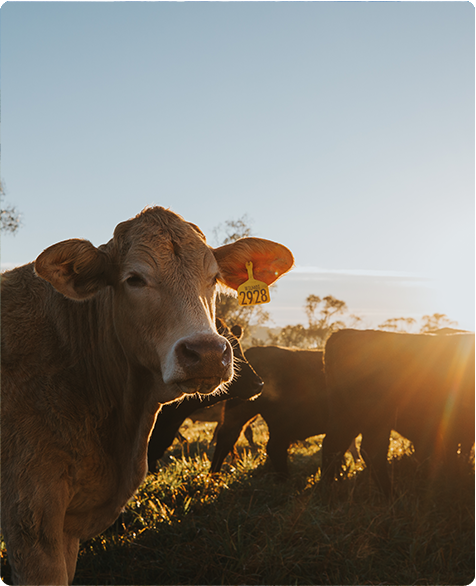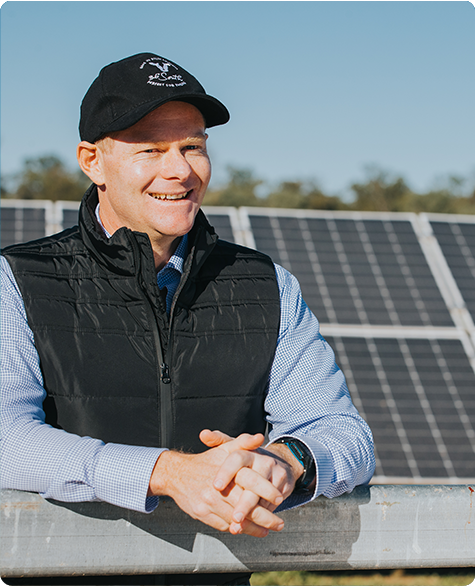The Australian red meat and livestock industry aims to make no net release of greenhouse gas (GHG) emissions into the atmosphere by 2030.
The Australian red meat industry is working towards this by reducing methane emissions through innovative technologies and practices , such as improved genetics, new types of livestock feeds and grazing and land management.
The industry is proud to be one of the first industries to set such an ambitious and voluntary target, and has invested over $140 million into technology and research projects to support it.
Can the red meat industry help address national emissions?
According to the Australian Government National Inventory Report 2022, the major sources of national emissions (excl LULUCF) are energy (58.9%), transport (17.2%), and agriculture (14.9%). If red meat were its own category, it would contribute 10-11% of national greenhouse gas emissions.
The productivity of Australian livestock continues to improve through use of innovation technologies and practices, the industry will be able to feed even more people without contributing further to global temperature rise.

So is it environmentally sustainable to eat red meat?
Research has shown that with the adoption of CN30’s production and waste-management strategies, eating red meat in line with the Australian Dietary Guidelines is sustainable.
The Australian Beef Sustainability Framework and the Sheep Sustainability Framework are just two of the industry-led initiatives that are identifying priorities which red meat producers should focus on in order to demonstrate sustainable performance.
Sustainable practices include:
- Choosing pastures that require less fertiliser
- Looking after native vegetation to encourage biodiversity
- Rotating stock from paddock to paddock (rotational grazing) to allow the land and the pastures to rest
- Capturing biogas from waste streams to generate electricity
- Recycling water for non-potable uses such as washing cattle and trucks.
In addition, the CSIRO has recommendations for what every individual can to reduce our diet’s environmental impact:
- Know your serving size and stick to it
- Follow the Australian Dietary Guidelines
- Reduce food waste and only buy as many groceries as you need.
Did you know?
- The Australian beef industry has reduced it's net greenhouse gas emission by 78.56% in the period from 2005 to 20211.
- Eating 455g of cooked lean red meat per week (or 3-4 balanced meals). Is that more or less than you thought? While many people do not get enough red meat protein for optimal health, many people may also be over-consuming.

1 Data analysed from 2021 Australian National Greenhouse Gas Inventory and 2021 Greenhouse gas footprint of the red meat industry









